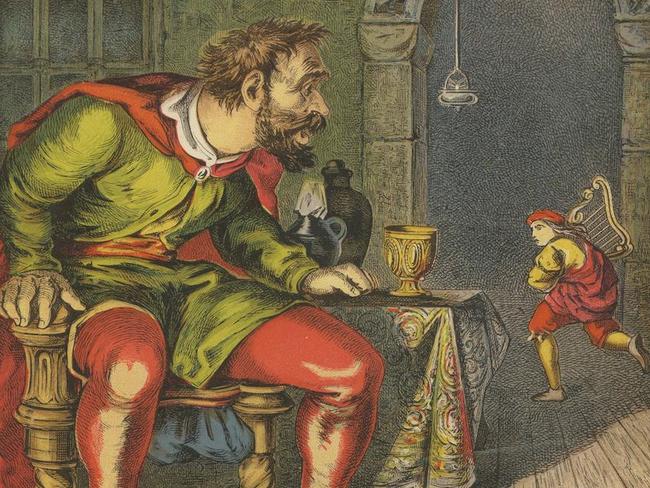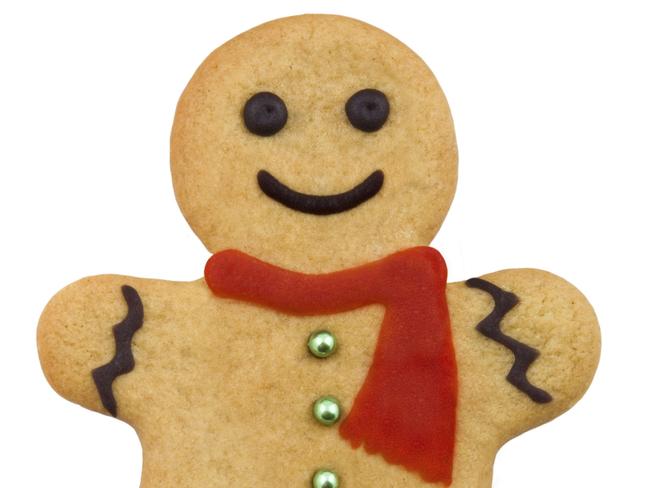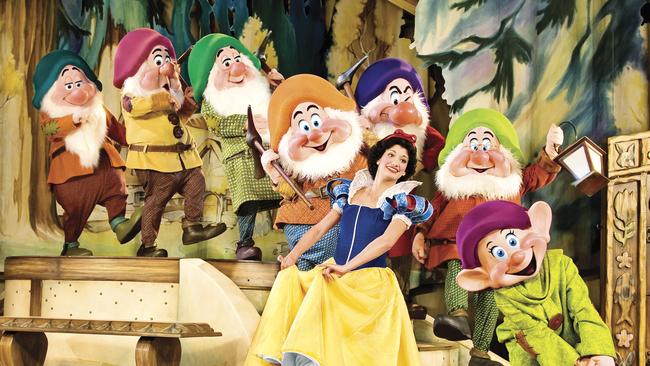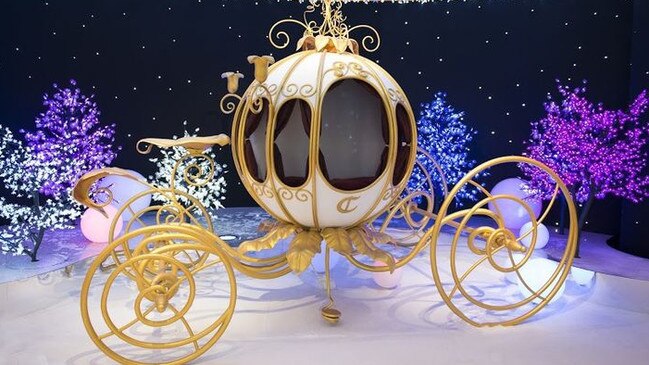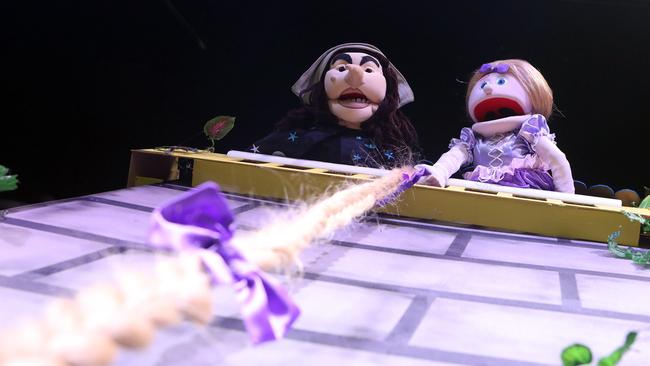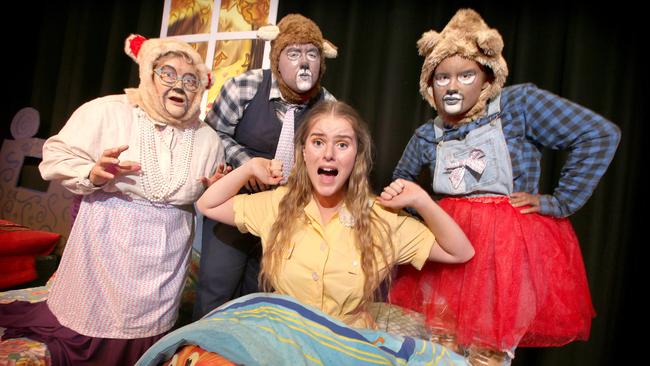Award-winning author echoes comments that political correctness could be ‘real problem’ in publishing
WITCHES, ghouls, goblins and things that go bump in the night are no longer haunting the pages of children’s books as publishers lose the plot, dumbing down and sanitising stories as young readers miss out.
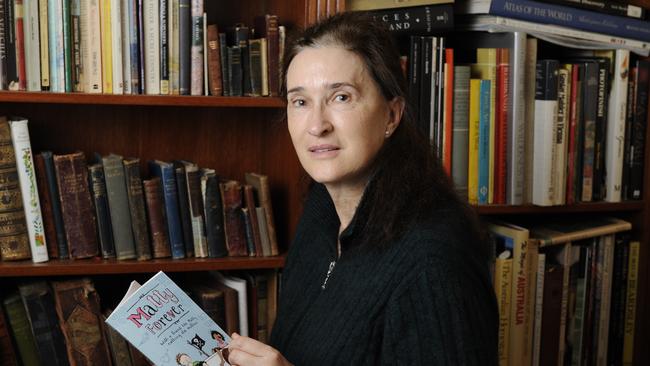
NSW
Don't miss out on the headlines from NSW. Followed categories will be added to My News.
WITCHES, ghouls, goblins and things going bump in the night are no longer haunting children’s books as publishers lose the plot, dumbing down and sanitising stories — and young readers are missing out.
Sydney-born author and past Children’s Book Council of Australia award winner Elizabeth Fensham warned this week that political correctness was growing in the industry.
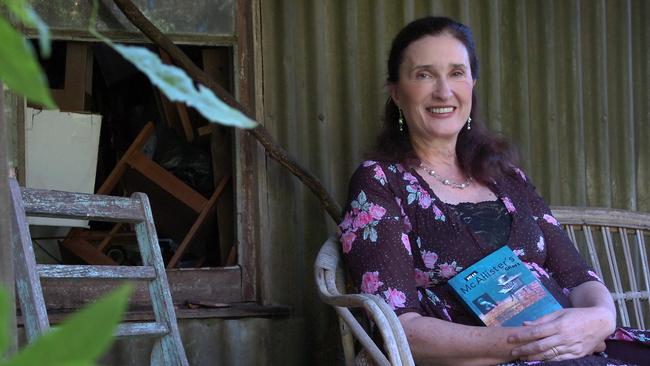
“If it was going to be absolutely terrifying, I can see editors saying ‘no, don’t do that’,” she said.
“I think political correctness is growing and ultimately it could be a real problem.
“My father had a book from the 1800s called Cautionary Tales — they were hideous stories. I was totally enthralled by them and they didn’t traumatise me. They were horrible but tickled your fancy in a way,” Ms Fensham said.
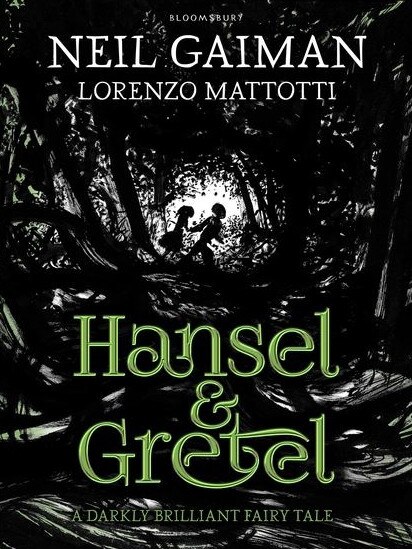
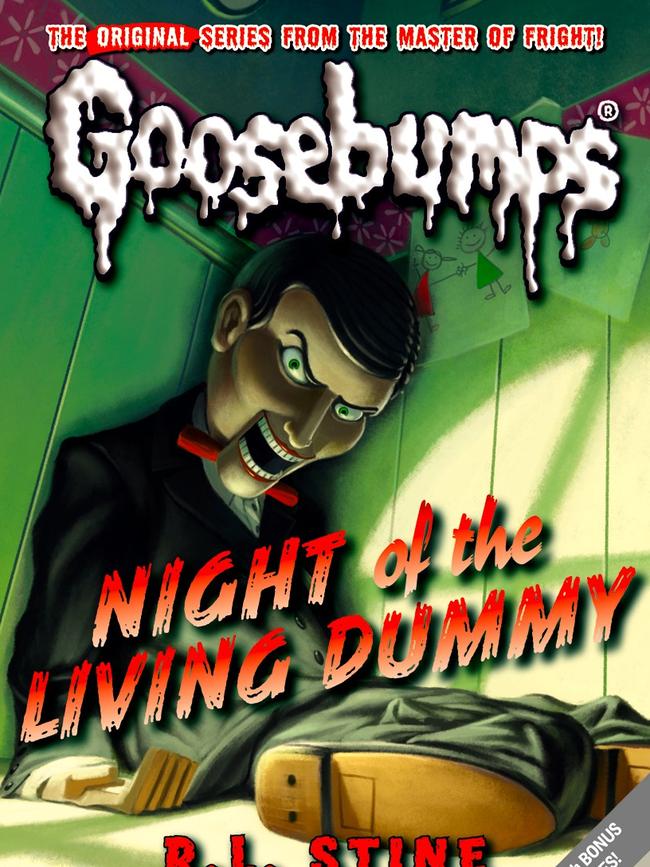
“Stories like Hansel and Gretel resonate with you for your entire lifetime.
“I often think of it and wonder if that story emerged from the grimness of the real-life famine that would have besotted Europe, where children would have been sent out because there wasn’t enough food in the house and people would have eaten children.
“I think there’s truths to those dark fairy tales.”
POLITICAL CORRECTNESS KILLING AUSTRALIAN COMEDY
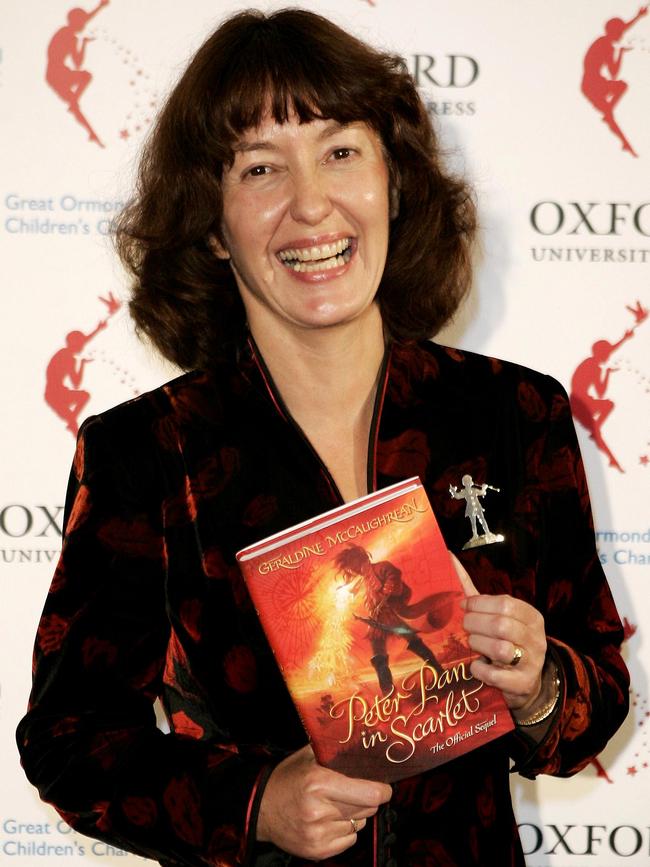
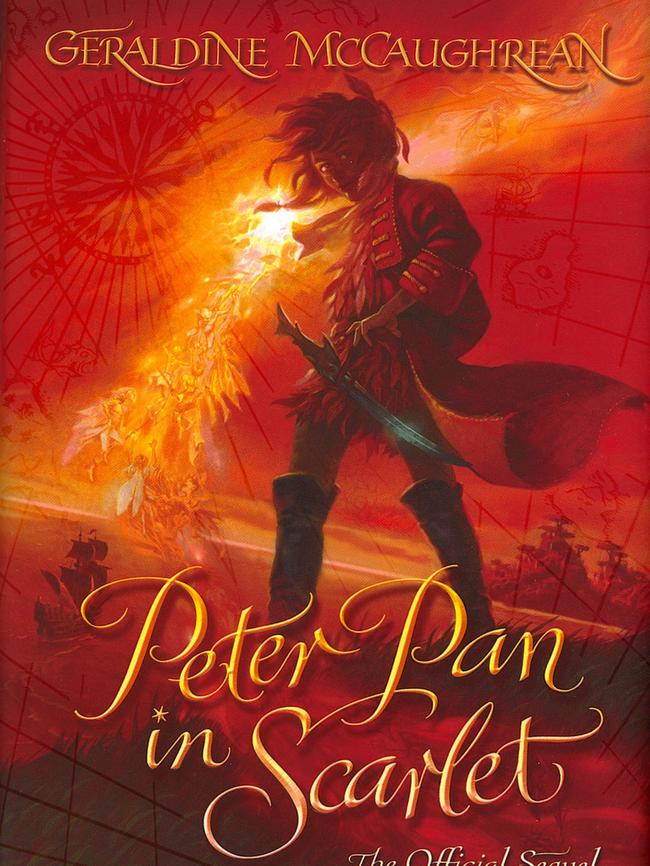
Ms Fensham made the comments as internationally best-selling British children’s author Geraldine McCaughrean unleashed after being awarded the prestige Carnegie Medal for children’s literature, warning content was being tamed and language oversimplified.
“With a book that’s going to be sold into schools you get a list of things that are unacceptable — no witches, no demons, no alcohol, no death, no religion,” Ms McCaughrean said after receiving the award.
Ms Fensham said this could hurt the development of young readers.
“Kids learn to think and speak through what they read. We need beautifully written books for kids and we shouldn’t be frightened to use complex words,” Ms Fensham said.
“She’s (McCaughrean) saying something really important here about needing to use rich language in children’s books and not dumbing them down.”
AUSSIE KIDS SLIPPING IN LITERACY
PARENTS RAISE KIDS WITH THE CLASSICS
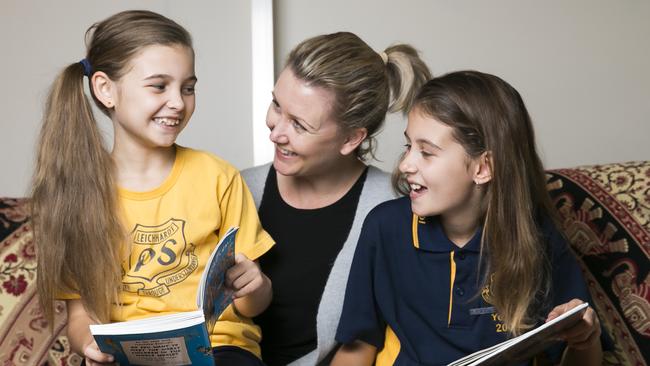
POPULAR CHILDREN’S BOOKS WITH SCARY ANIMALS
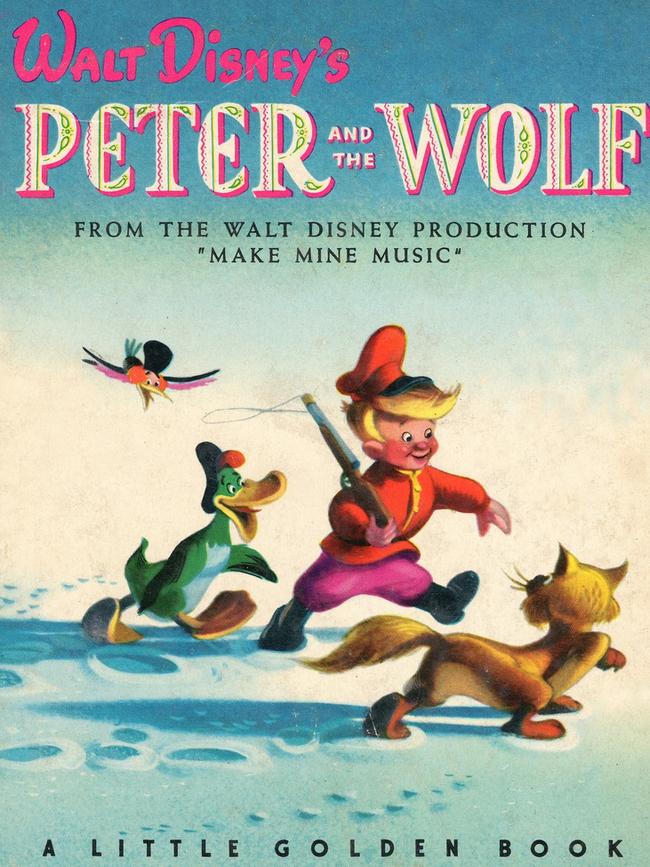
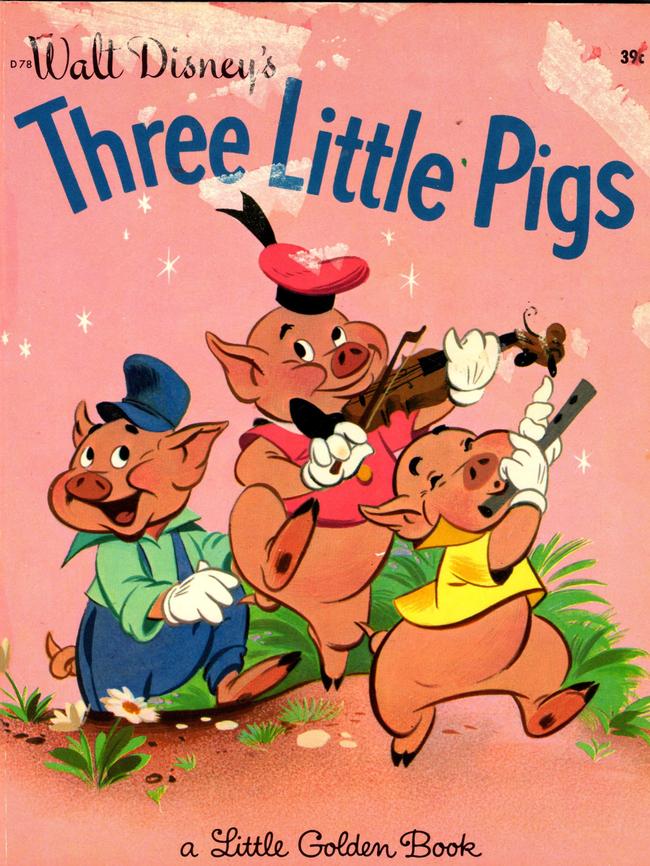
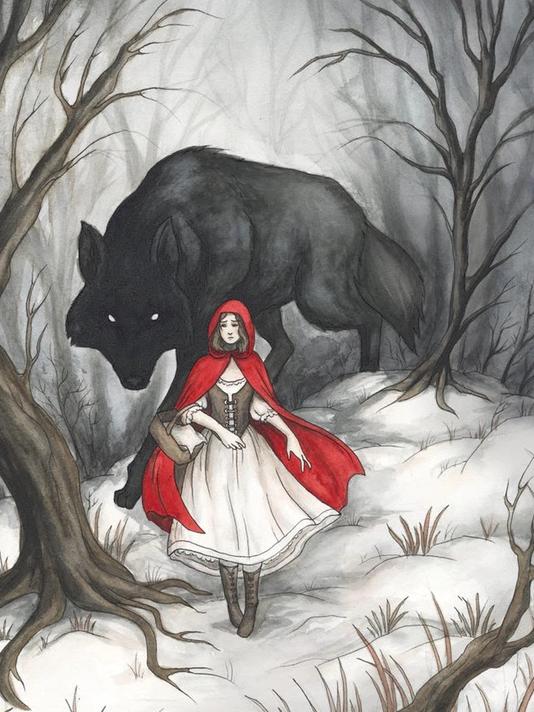
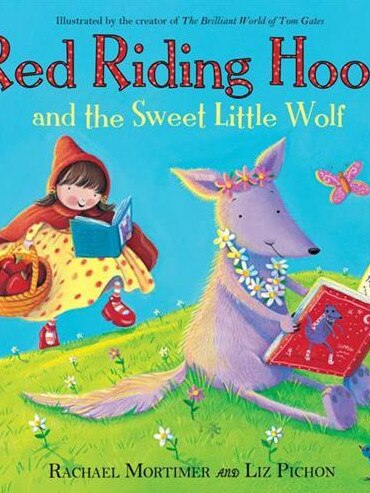
MR MEN AND LITTLE MISS BOOKS LABELLED ‘SEXIST’
Sydney mum Amy De Celis, whose daughters Montana, 11, and Piper De Celis, 9, are keen readers said the pair enjoyed complex stories — and she liked them reading them.
“I think rich language in kids book is really good. You can then break it down and explain it if need be,” she said.
“We like books that have a hidden meaning that we can discuss or debrief with the girls after reading it to them.”
OTHER STORIES PARENTS ARE READING TO CHILDREN LESS
